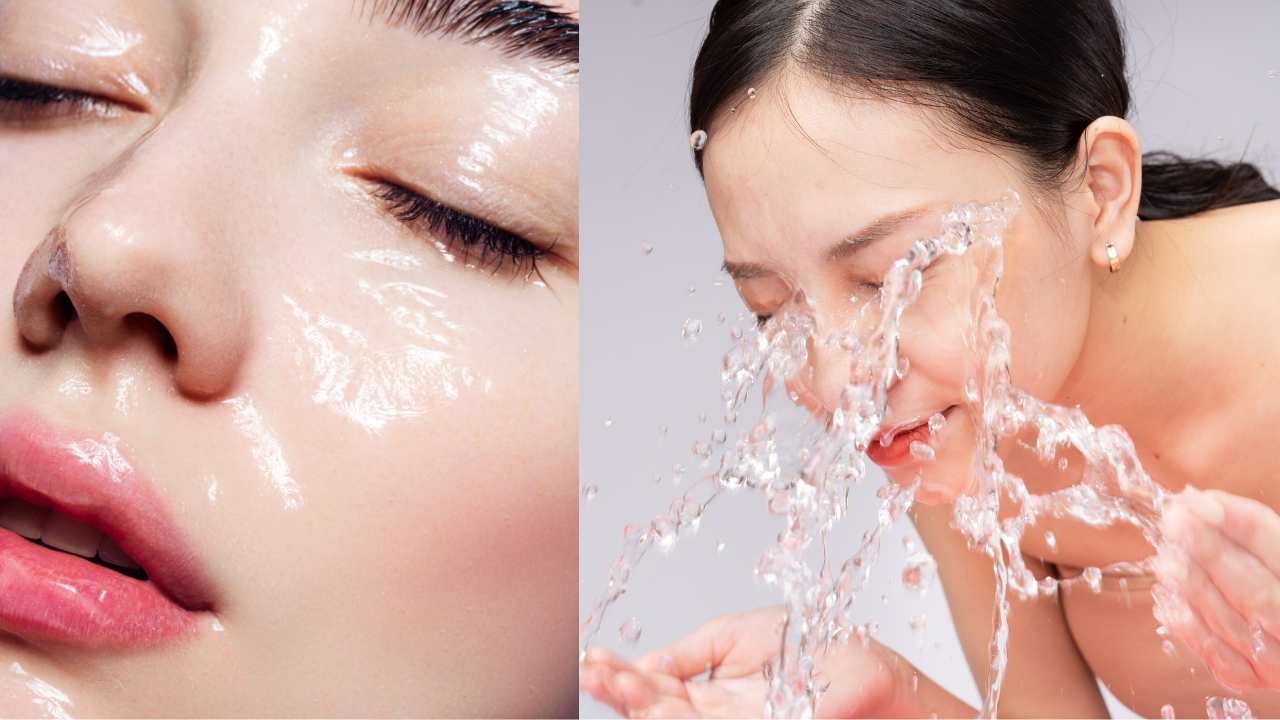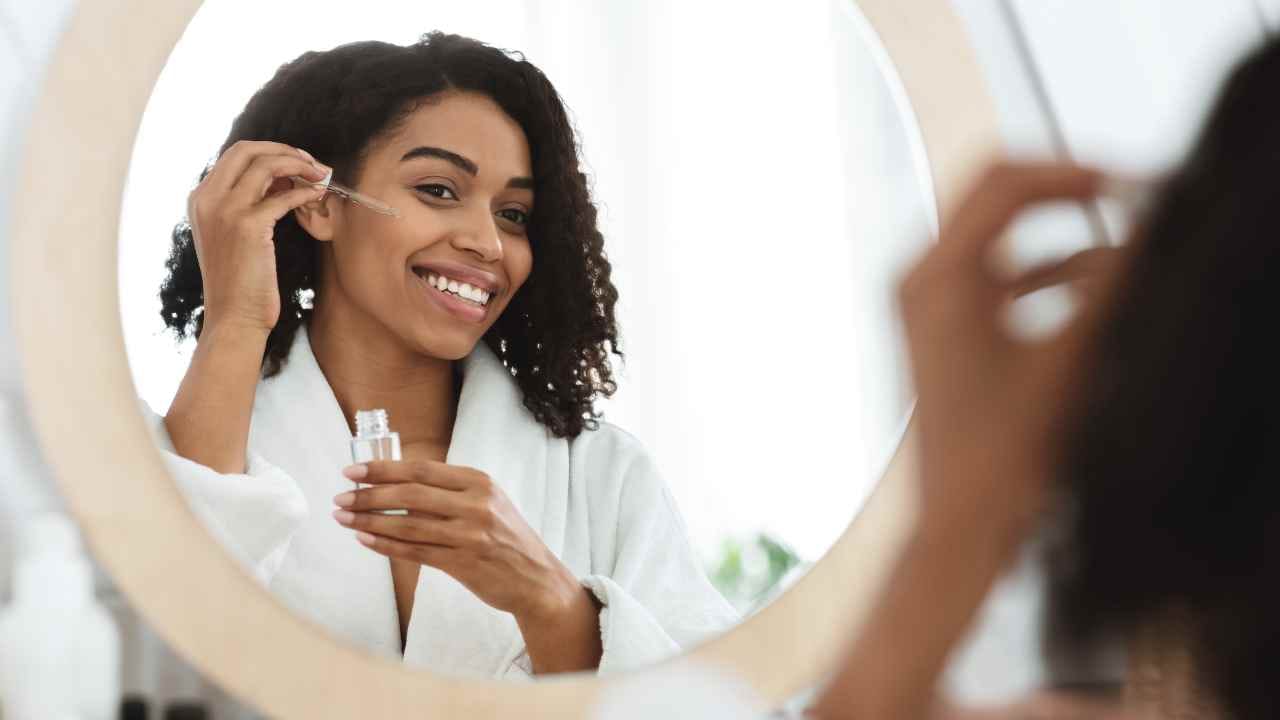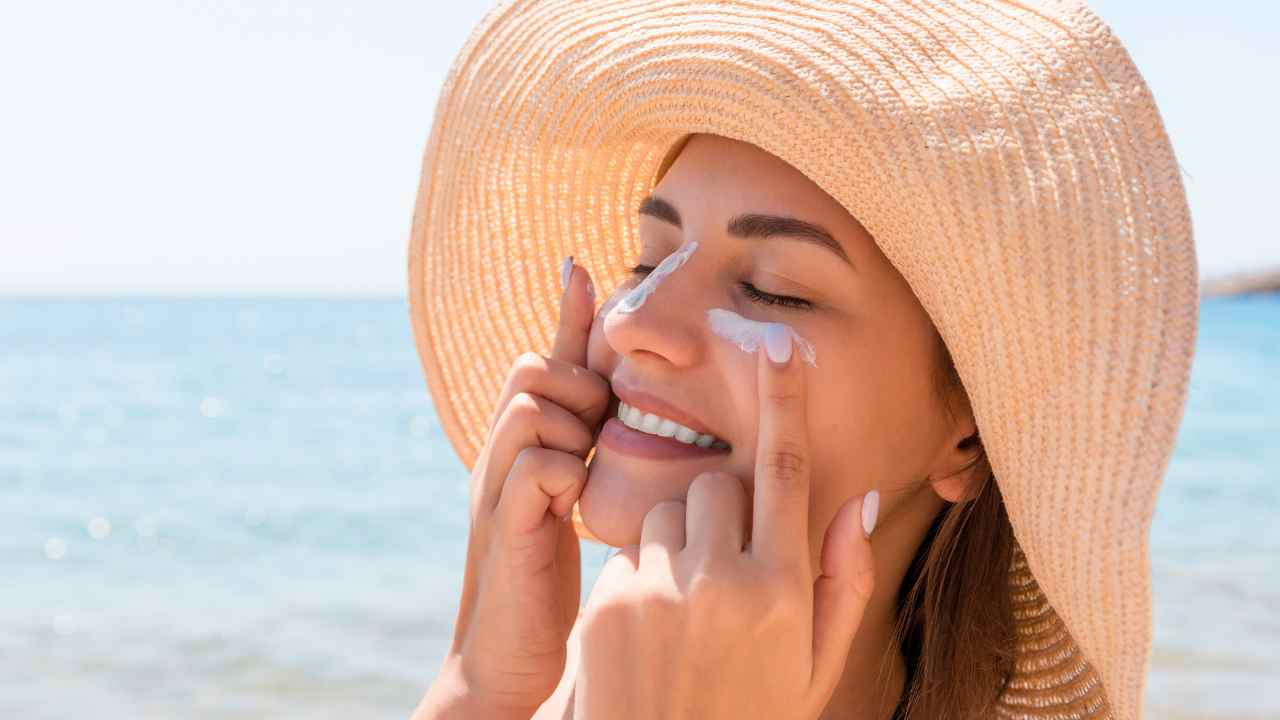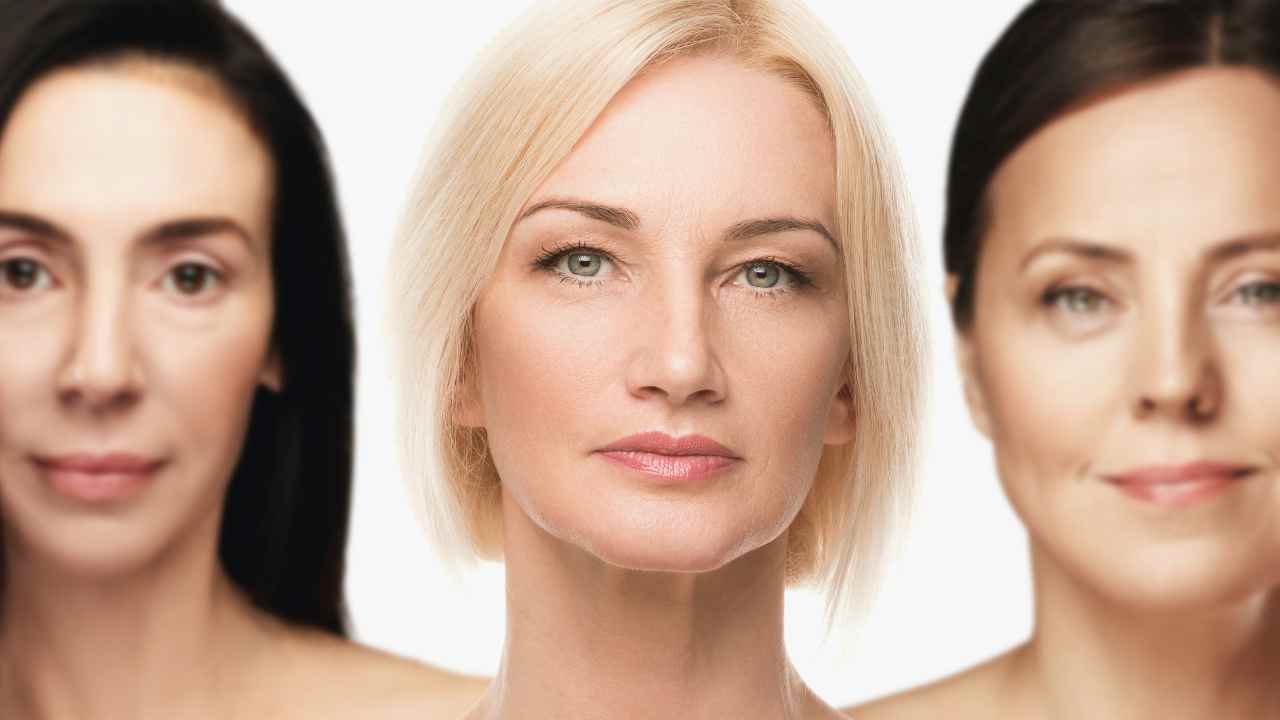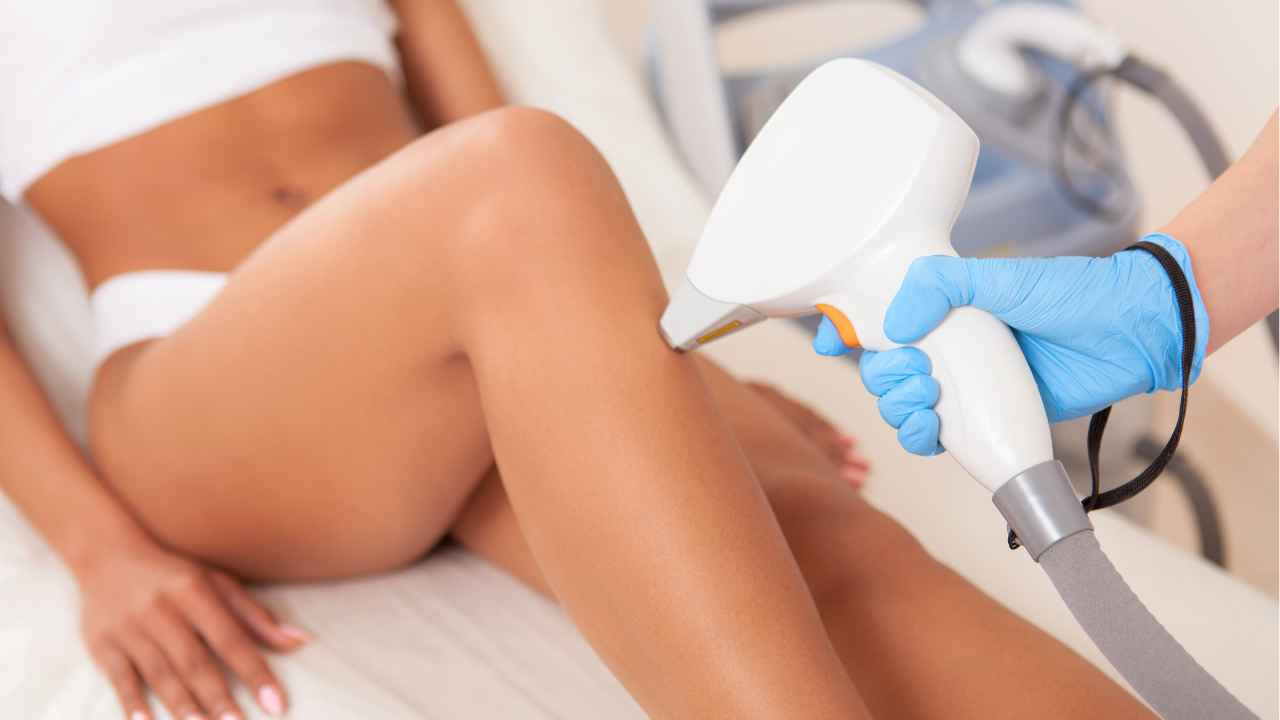
From Breakouts to Scarring: Does Vitamin C Help Acne?
Are you one of those people who spends hours researching days and nights about why they have acne, searching for that miracle cure promised on the internet?
You've gone through countless creams, lotions, gels and even paraded around town with cucumber slices on your face (yep, seen it all!). But nothing seemed to make much of a difference.
Well, look no further because this may help: Vitamin C! That's right - It turns out that Vitamin C might be able to help banish those pesky bumps away for good.
In this post we'll reveal how vitamin c can really work wonders when it comes to treating acne. So grab a comfortable seat and let's dig into this amazing skincare secret together!
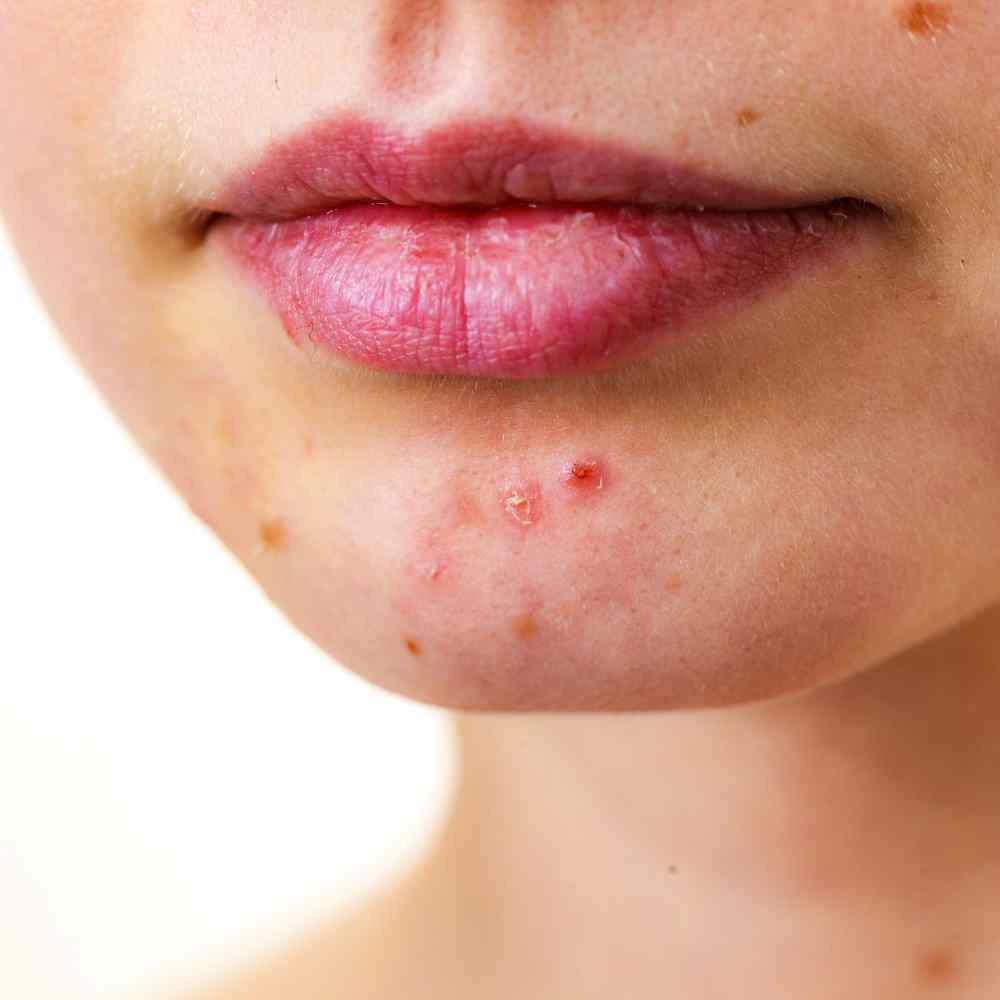
Here's Why You Have Acne
Before we dive into the role of vitamin C in acne prevention and treatment, let's briefly understand the underlying causes of acne.
Acne is caused by excess production of oil (sebum) and clogged pores resulting from dead skin cells that mix with the oil and stick together.
Hormonal changes during puberty cause an increase in sebum production, but acne can affect people of all ages.
Stress, diet, hormones, genetics also play major roles in contributing to the cause of acne too - which means everybody’s going to have different experiences with it.
The types of acne include blackheads (open comedones), whiteheads (closed comedones), papules, pustules, cysts and nodules – all commonly referred to as pimples or zits!
Each type has its own unique characteristics and varying levels of severity. Whatever you experience with your skin should be taken seriously and addressed properly.
A lot of people turn to over-the-counter products containing potent ingredients like benzoyl peroxide, salicylic acid, or retinoids like tretinoin to treat their breakouts.
While these products often do work for milder cases when used as prescribed on the label, harsh chemicals can greatly irritate skin if used carelessly without understanding their effects first.
Some alternative treatments are using gentle cleansers like tea tree oil or sulfur oil along with natural scrubs that don't contain abrasive beads that will further damage your sensitive skin barrier. But, we're here to talk about vitamin C!

Vitamin C Benefits for Acne Prone Skin
Vitamin C has some amazing benefits that could be helpful to your acne. What are they? Here are a few of the effects you can expect if you apply a vitamin c serum to your face.
Antioxidant Protection
Vitamin C is a potent antioxidant that helps protect the skin from environmental damage caused by free radicals.
Free radicals can trigger inflammation and contribute to the development of acne. By neutralizing free radicals, vitamin C helps minimize oxidative stress and supports a healthier complexion.
Anti-Inflammatory Effects
Inflammation plays a significant role in acne formation and exacerbation. Vitamin C has anti-inflammatory properties that can help soothe and calm inflamed skin. By reducing inflammation, vitamin C may help minimize the redness and swelling associated with acne breakouts.
Collagen Synthesis
Vitamin C plays a crucial role in collagen formation, a process that helps maintain skin elasticity and firmness.
By supporting collagen production, vitamin C can aid in the healing of acne lesions and minimize the risk of post-acne scarring. Acne scars can take time to heal, but topical vitamin C can help them heal faster.
A Brighter, More Even Skin Tone
Acne breakouts can often leave behind pigmentation and uneven skin tone. Vitamin C has been shown to have skin brightening properties, helping to fade post-inflammatory hyperpigmentation and promoting a more even complexion.
This can be particularly beneficial for individuals with acne-prone skin who are looking to achieve a smoother and more radiant appearance.
Enhanced Wound Healing
When acne lesions occur, the skin undergoes a healing process. Vitamin C can promote wound healing by supporting the synthesis of collagen and elastin, two proteins that are crucial for healthy skin regeneration.
By enhancing the skin's ability to repair itself, vitamin C may aid in the healing of acne lesions and reduce their visibility.

Before Adding Vitamin C to Your Skincare Routine
To reap the benefits of vitamin C for acne treatment and prevention, here are some tips for incorporating it into your skincare routine effectively:
Choose the Right Formulation
Vitamin C is available in various forms, including L-ascorbic acid, ascorbyl palmitate, and magnesium ascorbyl phosphate. L-ascorbic acid is considered the most potent and effective form of vitamin C for skincare. Look for serums or creams containing 10-20% L-ascorbic acid for optimal results.
Which vitamin c serum pairs best with your skin type? Dr. Luke Maxfield gives you a rundown in this TikTok video.
@dr.ljmaxfield Although finicky and controversial, Vitamin C is such a staple ingredient for helping the photoaging of the skin. Because when it's working right, it compliments the two pillars of skincare. Sunscreen and Retinoids. #vitaminc #skincare #skintype #acneskin #dryskin #sensitiveskin #combinationskin #dermatologist
♬ Jump Around - DJ Lunox
Consider Product Stability
Vitamin C is notoriously unstable and can degrade when exposed to air, light, and heat. To ensure the effectiveness of your vitamin C product, choose options with air-tight packaging and opaque containers. Store them in a cool, dark place away from direct sunlight.
Start Slowly & Patch Test
When introducing vitamin C into your skincare routine, start with a lower concentration and gradually increase the frequency and strength as your skin adjusts.
Patch testing on a small area of skin can help determine if your skin tolerates the product well without any adverse reactions.
Layering & Timing
Vitamin C is best applied in the morning to take advantage of its antioxidant properties and protect the skin from environmental aggressors throughout the day.
After cleansing and toning, apply a few drops of vitamin C serum to your face and gently massage it into the skin. Allow it to absorb for a few minutes before proceeding with other skincare products.
Combining with Complementary Ingredients
Vitamin C can be combined with other acne-fighting ingredients to enhance its effectiveness.
Ingredients like salicylic acid, niacinamide, and hyaluronic acid can work synergistically with vitamin C to address multiple aspects of acne prone skin, such as reducing sebum production, controlling bacteria, and providing hydration.
Transform Your Skincare Routine with Vitamin C
With the power of vitamin C, your skin’s future is looking brighter than ever. Get ready for improved skin tone, texture, and clarity—all the while helping to protect against future breakouts.
Don’t forget to proceed with caution though and know that it takes time to see results! Start slow and stick with it; give this skincare powerhouse a chance and you won’t regret it.
Vitamin C can also be enjoyed for other benefits like reducing signs of aging, removing toxins from your skin, speeding cell regeneration and healing, and overall making you look glowing!
Let's accept the challenge together- with vitamin C in tow and kiss acne woes goodbye once and for all.



